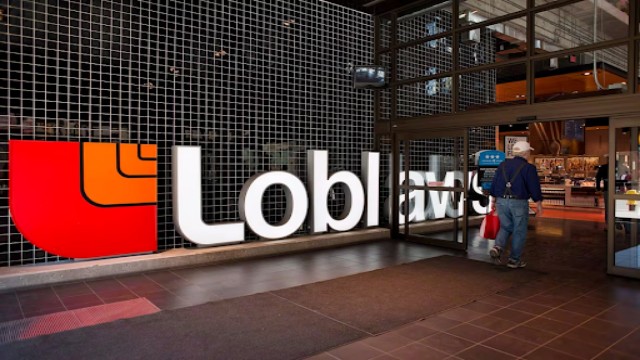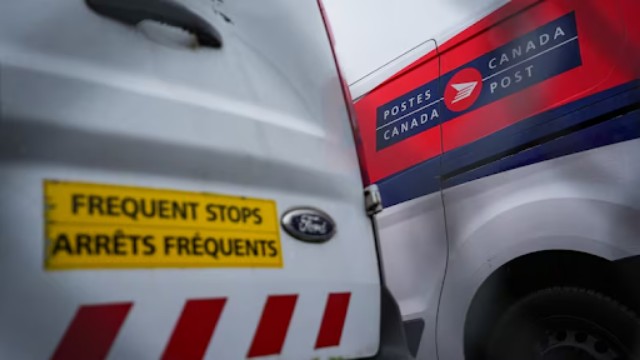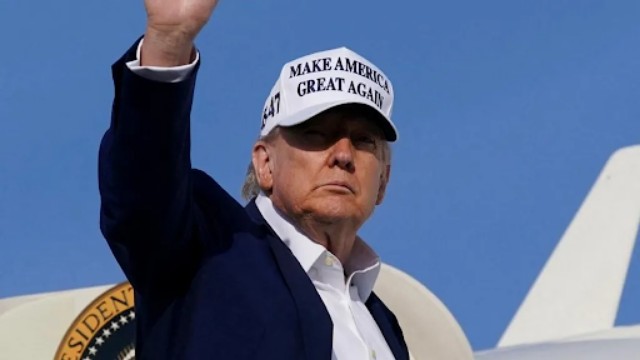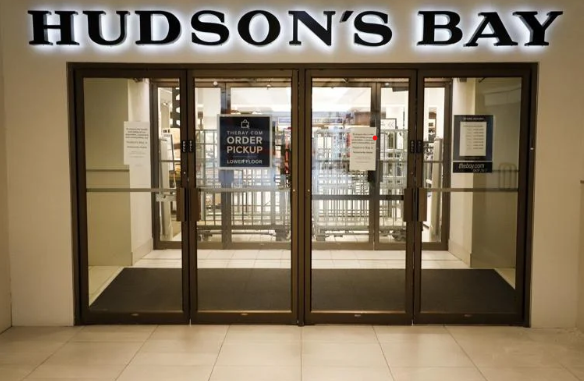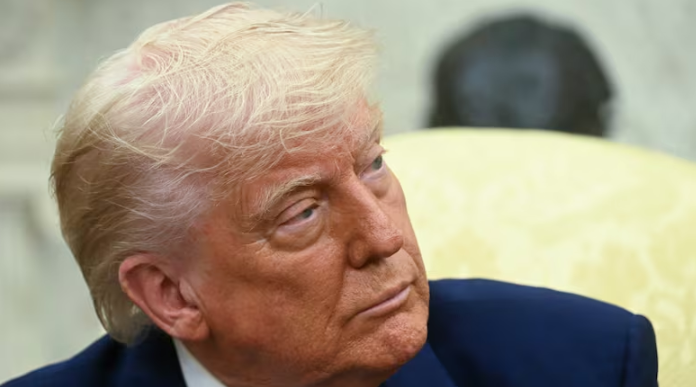
A sign is visible outside the Bombardier Recreational Products (BRP) office in Montreal on Monday, March 24, 2025. (Photo: Christinne Muschi / The Canadian Press)
José Boisjoli, the longtime head of powersports maker BRP Inc., has announced his retirement after more than two decades of leadership. He will officially step down by January 31, 2026, ending a remarkable 22-year journey that transformed the company into a global player in the recreational vehicle market.
Boisjoli’s tenure began in 2003 when BRP split from Bombardier Inc. At that time, the company was still finding its footing. Over the years, he led BRP into becoming a household name, recognized for Ski-Doos, side-by-side vehicles, personal watercraft, and more. The company now accounts for one out of every three powersports products sold worldwide.
Starting with only a couple of profitable product lines, Boisjoli leaves behind a brand with seven successful divisions. Since going public in 2013, BRP has more than doubled its workforce, now employing 16,500 people. Boisjoli, a trained engineer and Quebec native, helped expand BRP’s reach with manufacturing hubs in both Canada and Mexico.
However, despite the company’s growth, recent challenges have added pressure. Inflation, rising interest rates, and ongoing trade tensions are reshaping buyer behaviour. During the pandemic, BRP saw a surge in outdoor vehicle sales, but as costs rise, many consumers are stepping back from big-ticket purchases.
The uncertainty around tariffs, especially those involving the U.S. and China, is now clouding the company’s outlook. While most BRP products made in Canada and Mexico meet trade agreement standards and dodge the hefty 25% U.S. tariffs, parts and accessories still face extra costs. Roughly 60% of BRP’s revenue comes from the U.S., making these policy changes particularly significant.
Chief Financial Officer Sébastien Martel estimates that tariffs will reduce BRP’s annual revenue by as much as $70 million, largely due to higher costs for components and gear. Still, despite these hurdles, BRP posted strong first-quarter earnings of $161 million — nearly three times more than the same period last year. This jump was driven by leaner operations and favourable currency exchange rates.
The company’s stock reacted positively, climbing almost 13% in a single day to close at $56.00. While still down 37% compared to a year ago, the rebound shows investor confidence tied to BRP’s ability to adapt and innovate.
BRP also enjoyed record snowmobile sales in Canada during the first quarter, though total revenue slipped 7% year-over-year due to slower sales in other product lines. Dealers are cautious about ordering new inventory, and customers are waiting for price clarity amid the shifting tariff landscape.
Boisjoli admitted that forecasting the year ahead remains tough, with no formal financial outlook provided. “The back half of the year is difficult to predict,” he said, referring to the evolving tariff challenges and uncertain consumer demand.
As BRP searches for its next CEO, Boisjoli expressed pride in the progress made during his tenure. “In 2003, we had two profitable product lines. Today, we have seven,” he said — a clear sign of how far the company has come under his leadership.









